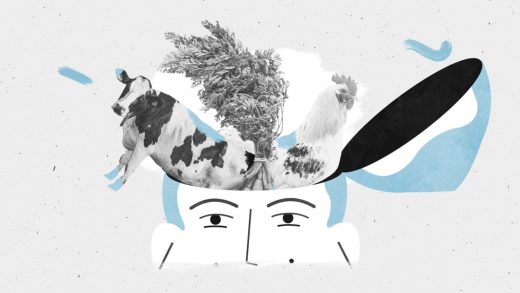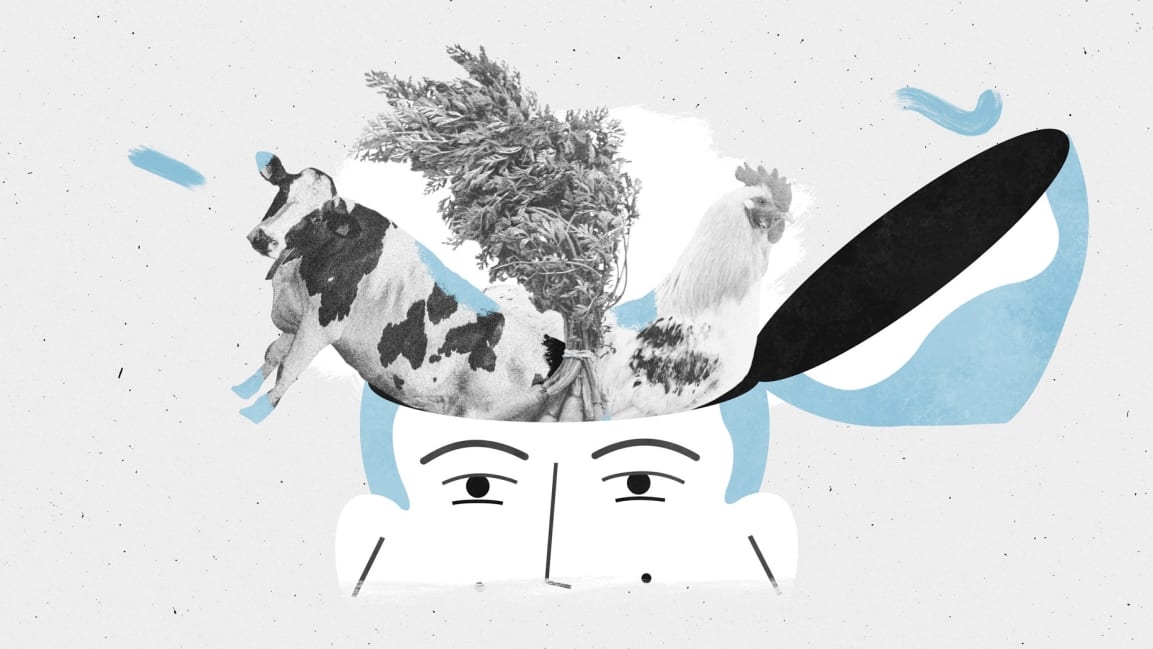This documentary wants to convince you to be a vegan … some of the time
Kateman’s journey starts at home as he learns how to persuade people to reduce their meat intake—by as much as they can handle—to reduce our reliance on factory farming and its effects on health, the environment, and animal welfare. In the new documentary, released July 20, Kateman (a Fast Company contributor) spreads his message of reducitarianism, a movement he started in 2014, reasoning that full veganism is not the only way to make a difference to the planet. “We’re very different from a typical go-vegan documentary,” he says. “That was critically important to me.”
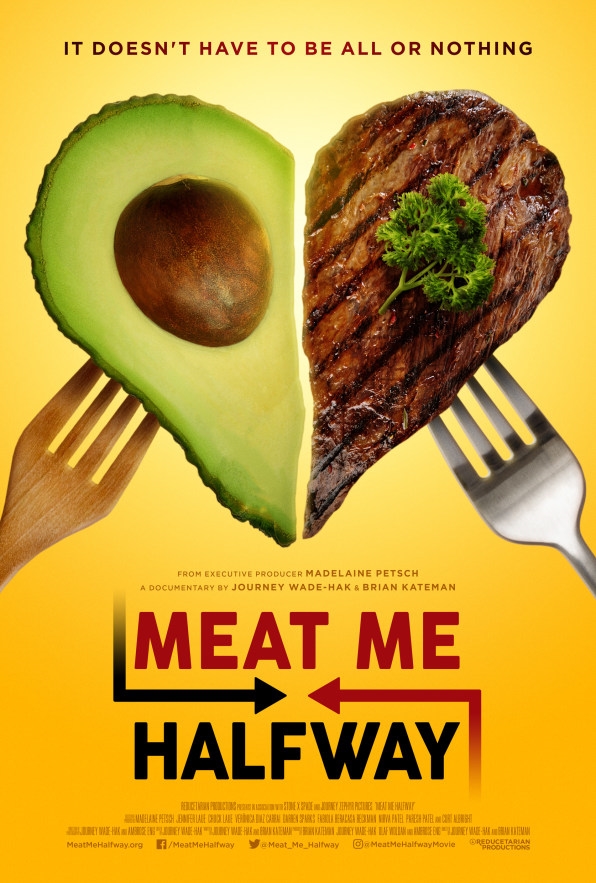
It was essential to understand why people are so attached to meat, so he spends the first section of his movie finding out if biology, marketing, or culture is to blame. Spoiler alert: It’s all of the above. Experts point to evolution, whereby we’re still enticed by the smell of meat smoking on a barbecue; by the abundance and cheapness of fast food; and the cultural value people place in having gatherings with certain types of foods. Many of us are simply brought up believing that a piece of meat belongs at the center of our plates.
Kateman, himself, sticks to largely vegan diet, though he’s found himself slipping, at times scooping a piece of bacon off a friend’s plate. “Reducitarian” sounded better than “lazy vegan” or “cheater,” as both vegan and carnivore acquaintances started to call him. But, in the grand scheme, having a cookie at a friend’s house is not a big deal. “The first step is to get people to stop thinking about vegan-omnivore as a binary,” he says.
His pragmatic attitude is not enough for many hardline activists, but, for Kateman: “We don’t need to be purists,” he says. “We don’t need to be a cult.” When 90% of Americans eat meat, and the average American tucks away 200 pounds of it annually, he sees full veganism as a pipe dream. He agrees that minimal cutbacks are not ideal, but “any change in the positive direction is worth celebrating.”
Still, he understands the animal-activist perspective. The movie’s most emotional scene is when he tears up as he joins them at a “pig vigil,” to protest outside a slaughterhouse by providing evidently tortured, caged pigs with sprays of water before they’re sent to their deathbeds. Though he’s sure a similar experience would move anyone who attended it, he realizes most people won’t. So, the best strategy is to target loved ones with information that meets their immediate concerns. His dad, for instance, was more worried about his declining health than any planetary concerns. His priority was to be around for his family as long as possible. So, Kateman plied him with articles on the relationship between meat and heart disease, which runs in his family.
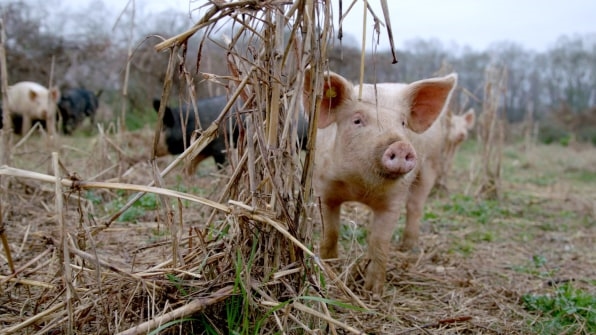
But, you can’t just tell people to reduce animal products without other options, so the remainder of the film is dedicated to alternatives. Kateman talks to Beyond Meat about plant-based proteins; he tries cell-cultured “chicken” nuggets by Eat Just; and he goes to White Oak Pastures in Georgia, a high-welfare farm that does slaughter livestock, but whose methods and care for its animals are far more preferable to factory farming. During a segment with New York mayoral nominee and reported vegan Eric Adams, he discusses that the biggest challenge these options will need is to be affordable and accessible for everyone. “If it’s too expensive, if it doesn’t taste good, and it’s difficult to get,” he says, “it’s a nonstarter.”
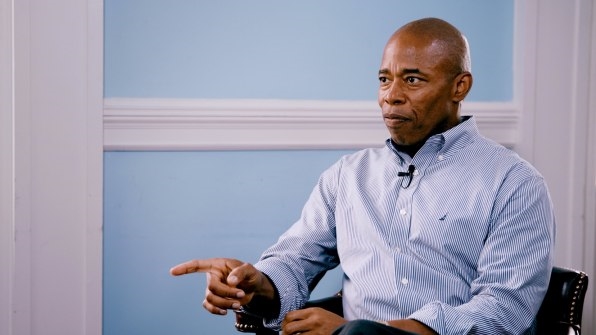
[Image: courtesy Reducetarian Productions]
In an emotional final scene, Kateman’s father, looking leaner and more spritely, reveals he’s seriously reduced his meat intake. “I even think clearer,” he says. At first, a bowl of broccoli was boring. “But then, I got to look forward to it,” he says. “Once you get small results, then it’s energizing. Then you do more and more.” Kateman says he was encouraged by the changes his father, the former avocado naysayer, quite enthusiastically made. “We’re not perfect,” he says. “We all have flaws. But, just giving a damn—just trying our best—is more than enough for me.”
(43)

